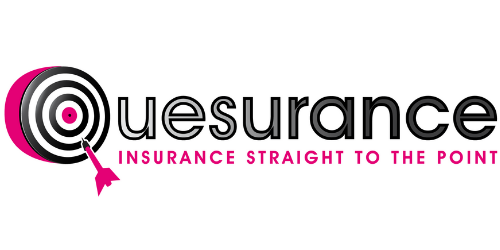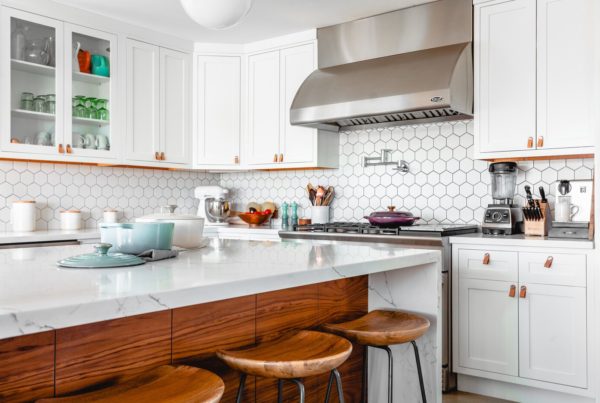
Insurers are more concerned about empty houses than inhabited ones because of the higher risk. They are more susceptible to theft, vandalism, fire or flood damage, and damage caused by squatters if no homeowner, property manager, or renter are present. While we often refer to deserted homes as “vacant” or “unoccupied” in ordinary speech, this is not the situation regarding insurance coverage.
To be considered “vacant” under the law, one must be free of any traces of persons, possessions, and property. For example, rental properties that are unfurnished as they await new tenants are examples of vacant properties.
As you may guess, vacant homes are more vulnerable to vandalism and theft. Vacancy exclusions, not unoccupancy exclusions, are standard in most conventional house insurance plans. This implies that if a property is left vacant, the owner’s basic insurance will not cover damage or theft. Insurance premiums for an empty property are higher than for occupied properties because of the greater risk.
Comparing Vacant and Unoccupied Structures
An “unoccupied” property is one in which the contents have been left intact, as though the owners may return at any moment. The presence of basic furnishings, operating appliances, and cooking utensils are required for a residence to be termed unoccupied. Unoccupied homes are generally covered for 30-60 days under most policies. Extended periods without occupants may need extra insurance coverage.
The following are ten significant distinctions between a vacant building and one that is unoccupied:
- Vacant properties require specialized insurance and legal and contractual agreements to ensure that others do not thwart the owner’s efforts to protect the property. Unoccupied homes require only basic insurance coverage and agreements.
- The legal description of the respective properties is crucial to the two different insurance policies. In the case of a vacant home, the owner’s name should be listed in the policy. In the case of an unoccupied home, the tenant’s name should be listed in the policy.
- Owners of vacant homes ensure that their properties are free of any safety hazards. This is not the case for unoccupied homes.
- Owners of vacant homes must also be proactive in keeping their properties free from trespassers to maintain the security of their properties. On the other hand, tenants in unoccupied houses do not have to do much to ensure the safety of their properties.
- Most insurance policies require that properties that have recently been sold are kept in their unoccupied condition for a brief period. For 30-60 days, the new owners are to inspect their properties for any damage.
- The policyholder of a vacant home is held responsible for any damage to their property that happens at the hands of a third party. This is not the case for an unoccupied house.
- Owners of vacant homes are responsible for securing their properties against damage during natural calamities, such as storms and floods, with their resources. However, homeowners in unoccupied dwellings are not responsible for any damage during a natural disaster that results in the deterioration of their property.
- Owners of vacant homes are required to keep the lawns, hedges, and other greenery surrounding their property in good condition. Tenants in unoccupied dwellings are not required to do the same.
- The legal responsibilities of owners of vacant properties do not change even when the properties are to be sold. In the case of unoccupied homes, the legal obligations of the tenant change when the property is to be sold.
- Owners of vacant properties are more likely to incur more damage to their properties than those who have unoccupied homes.
Conclusion
So, which is better? Vacant or unoccupied? From a legal perspective, there is not much of a difference. However, it may be a good idea to use “vacant” rather than “unoccupied.” Vacant properties are at higher risk from theft, vandalism, and damage from natural calamities. It may be a good idea to invest in additional coverage for vacant properties.
Unoccupied homes may require more legal and contractual agreements; however, you can adequately plan and insure both vacant and unoccupied homes for the same amount.
Do you need vacant property insurance online quote? Now is the time to contact an insurance professional in Florida regarding vacant home insurance. People interested in safeguarding their financial situation may contact us at Quesurance for a no-obligation consultation.




